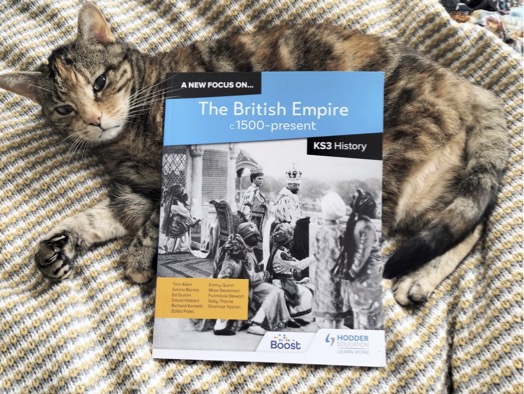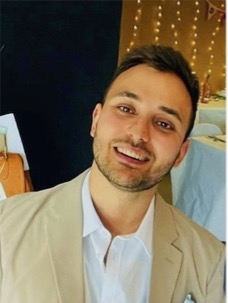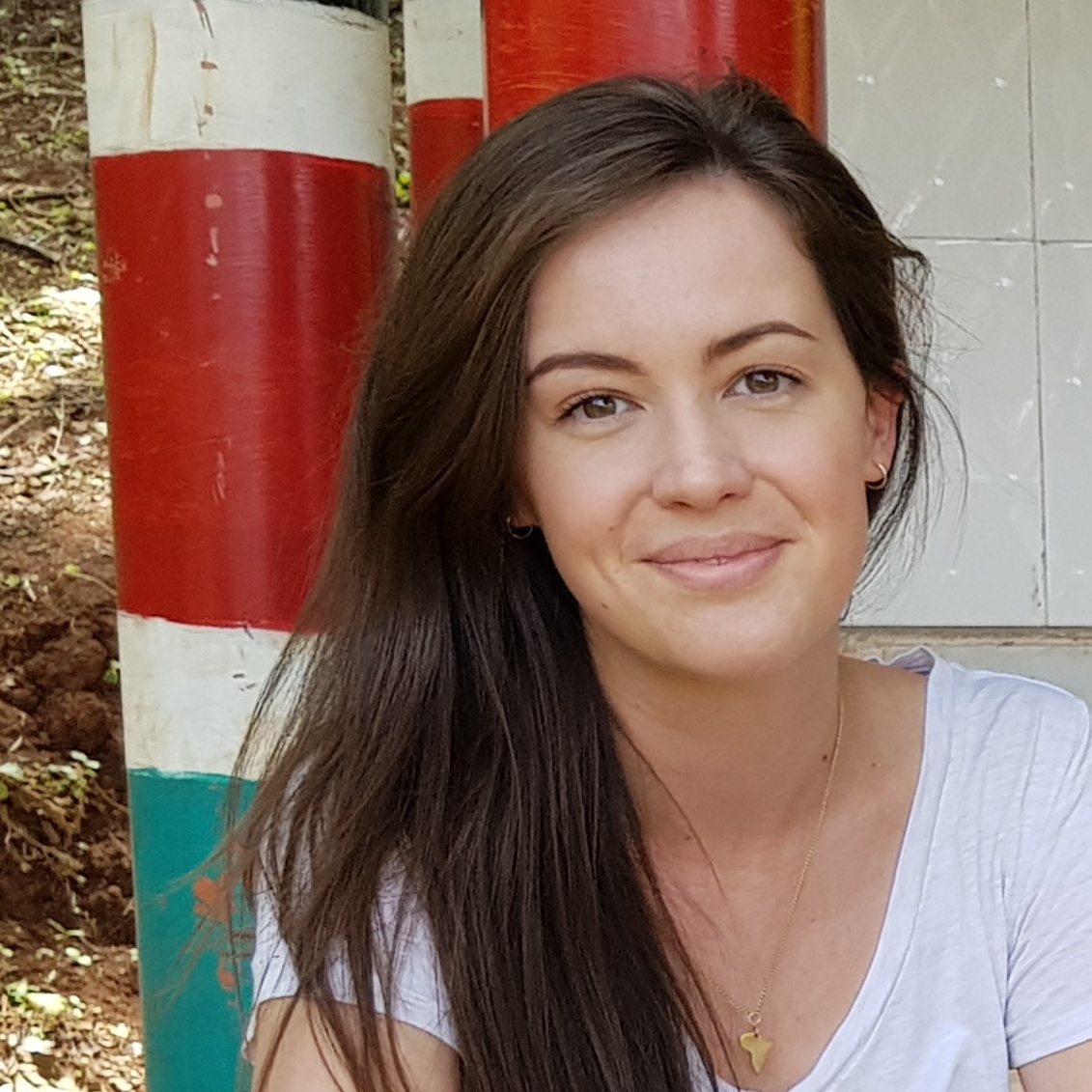From works of historical fiction to micro-history, memoir to nature writing, as we reach the midpoint of the summer holidays, historians at the University of Bristol share with us what they’ve been reading so far.
Brendan Smith, Professor of Medieval Studies, is reading Danube by Claudio Magris. Every page has something memorable to say about the historic connections of the places the author passes through, from source to Black Sea. Not since my interrail in the summer of 1982 have I seen the mighty river!
Misha Ewen, Lecturer in Early Modern History, is reading The Love Songs of W. E. DuBois by Honorée Fanonne Jeffers. The Love Songs of W. E. DuBois is an emotional work of historical fiction, which is both a coming of age story and a family saga, which traces their experiences of enslavement and dispossession, intimacy and love, during the nineteenth and twentieth centuries. It’s also a mediation on the role of the (family) historian – the ethics of doing research and what we hope to recover. I’ve never read a book quite like this and I couldn’t put it down.
Lorenzo Costaguta, Lecturer in U.S. History, is reading Nickel and Dimed: On (Not) Getting By in America by Barbara Ehrenreich. Nickel and Dimed is a short and extraordinary book. Written by social justice activist and writer Barbare Ehrenreich (1941-2022), it narrates the author’s attempts to survive through minimum-wage jobs in late-90s US economy. The book became a literary sensation when it was published in 2001. In an economy still enjoying the upside of the late 1990s tech boom, Ehrenreich unveiled the social damages produced by a capitalist system designed to be impossible to navigate for the poor. Beautifully written, self-critical, inspired, Nickel and Dimed rapidly became an instant classic.
Will Pooley, Senior Lecturer in Modern History, is reading Twilight of the Godlings: Shadowy Beginnings of Britain’s Supernatural Beings by Francis Young. I love a book that takes on an old problem – what are the origins of the motley spirits and supernatural beings of medieval Britain? It’s no surprise the answer isn’t simple. Young suggests that across the longue durée communities with similar needs recycled the bits and pieces of old godlings into new spirits, wild men, and eventually… fairies. A fun one for folklore fans!
Josie McLellan, Professor of History, is reading The Swimmer: The Wild Life of Roger Deakin by Patrick Barkham. An experimental biography of the nature writer Roger Deakin. Subtle, engrossing, and an absolute page-turner!
Simon Potter, Professor of Modern History, is reading The Disappearance of Lydia Harvey: A True Story of Sex, Crime and the Meaning of Justice by Julia Laite. The Disappearance of Lydia Harvey traces Laite succeeds in bringing out big themes in twentieth-century global and social history through painstaking reconstruction of the lives of ordinary people.
Fernando Cervantes, Reader in History, is reading Journeys of the Mind: A Life in History by Peter Brown. It had me completely hooked for a good week. It is a fascinating memoir of his intellectual development that takes the reader from Brown’s native Dublin through Oxford and London to Berkeley and Princeton. It is also an exceptionally generous appraisal of all the people who have influenced him as well as a cracking read. Written with Brown’s characteristic elegance and wit, it is also a wonderful travel book, reconstructing Brown’s many journeys in Europe, Africa and the Middle East. Among the many books he mentions that had a profound impact on him is Hilda Prescott’s The Man on a Donkey, a forgotten classic of historical fiction that meticulously reconstructs the lives of individuals and communities in the decades leading up to and during Henry VIII’s decision to dissolve the monasteries. I am only half-way through — it is very long! — but I am thoroughly enjoying it. Both books are absolute ‘musts.’
Richard Stone, Senior Lecturer in Early Modern History, is reading Late Light by Michael Malay. It’s a beautiful piece of nature writing. Michael takes us with him as he learns about four fascinating but overlooked animals with which we share the British landscape (eels, moths, mussels, and crickets), but also how human actions are putting them at risk of extinction. Michael also tells us how, after growing up in Indonesia and Australia, his explorations of nature helped him fall in love with English West Country which he now calls home. I’m normally a physical books person, but Michael narrated the audiobook himself, so listening to it is just like sitting listening to a friend tell you about his adventures!





